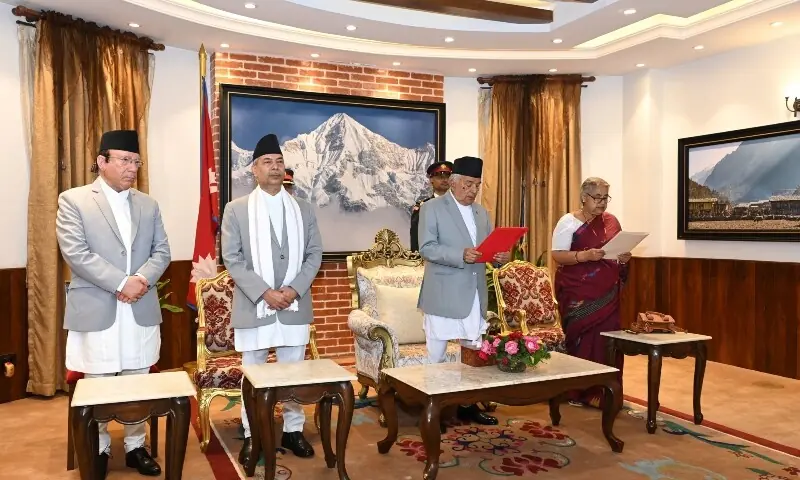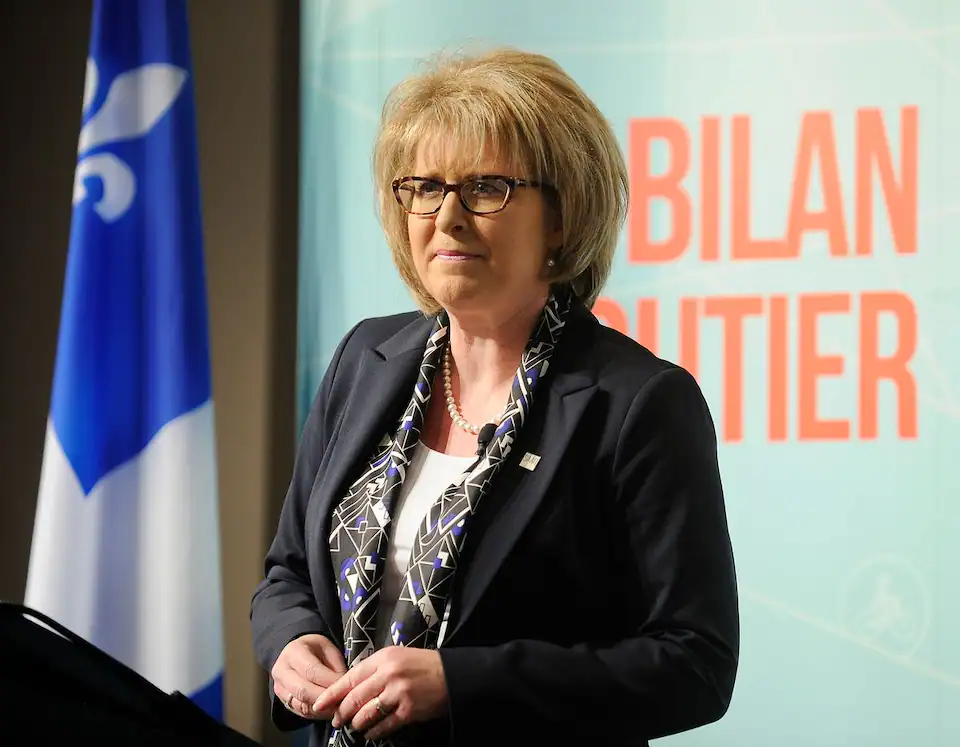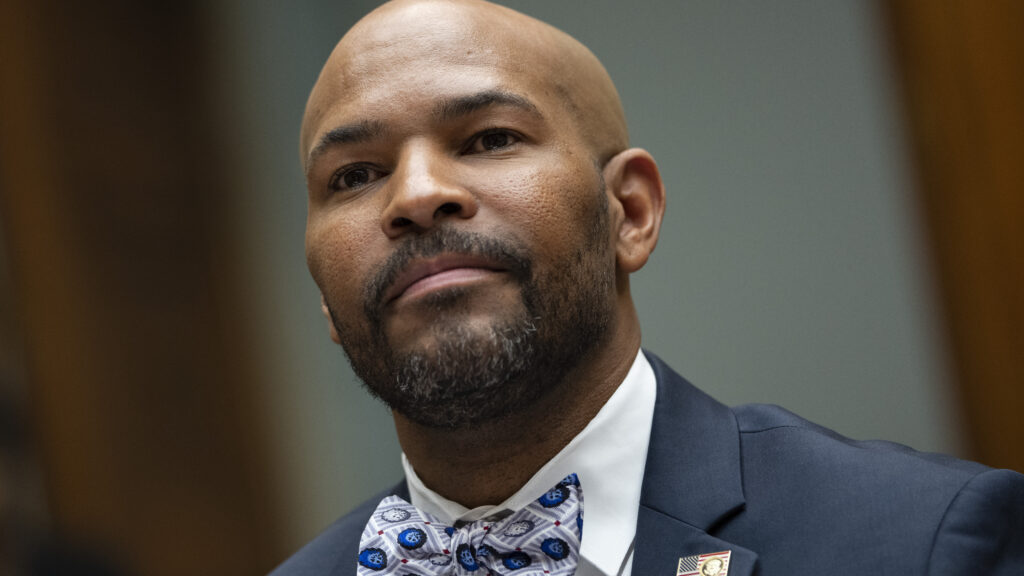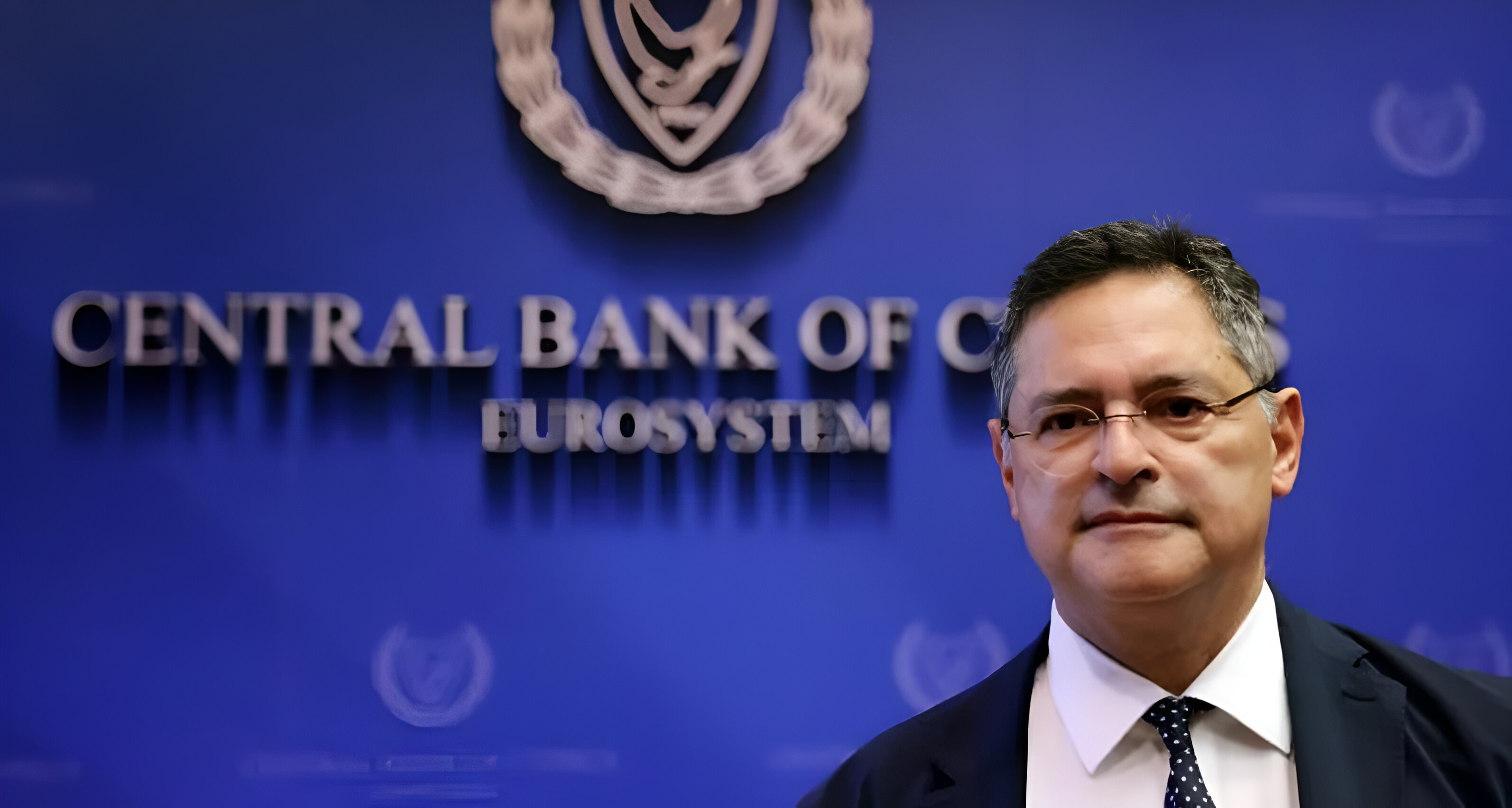By AFP
Copyright dawn

Nepal’s former chief justice Sushila Karki was sworn in on Friday to lead the transition as the country’s next prime minister after deadly anti-corruption protests ousted the government.
The 73-year-old Karki, Nepal’s first woman chief justice, was sworn into office by President Ram Chandra Paudel, after the previous prime minister quit on Tuesday as parliament was set ablaze.
“Congratulations! We wish you success, wish the country success,” Paudel said to Karki after the small ceremony in the presidential palace, attended by diplomats and some former leaders.
The Himalayan nation of 30 million people was plunged into chaos this week after security forces tried to crush rallies by young anti-corruption protesters.
At least 51 people were killed in the worst violence since the end of a civil war and the abolition of the monarchy in 2008.
The military took back control of the streets on Wednesday, enforcing a curfew.
The appointment of the judge, known for her independence, comes after two days of intense negotiations by army chief General Ashok Raj Sigdel and Paudel, including with representatives from “Gen Z”, the loose umbrella title of the youth protest movement.
Thousands of young activists had used the online app Discord to debate the next steps — and name Karki as their choice of next leader.
Karki, dressed in a red sari dress, took the oath but did not make a further speech. She smiled and bowed with her hands pressed together repeatedly in traditional greetings.
“It is a moment of victory … finally, the power vacuum has ended,” said Amrita Ban, a Gen Z protester.
“We did it,” key youth protest group Hami Nepal posted on Instagram, calling for unity.
“Honour the lives of those who sacrificed themselves for this moment”.
Presidential press adviser Kiran Pokharel told AFP that “a council of ministers will be formed after, and other processes will be taken from there”.
Known for her insistence on integrity, the 73-year-old has often spoken about the need for transparency and independence in a judiciary frequently under intense political pressure.
Karki emerged as the leading candidate by many “Gen Z” representatives — the loose umbrella title of the protest movement.
She told Nepali media that the Gen Z protesters had told her that “they believe in me” to lead for “a short time for the purpose of doing elections”.
“She is a credible choice to lead the interim government,” Anil Kumar Sinha, a former justice of the supreme court who worked with Karki, told AFP.
“Her integrity has never been in doubt, and she is not someone who can be intimidated or easily influenced. She is courageous and not swayed by pressure.”
‘In favour of youth’
In a speech broadcast on Nepali media earlier this year, she spoke of ingrained corruption.
“We see it everywhere but we don’t speak — now we need the youth to speak up, take the lead and stand in elections,” she said.
“What I have seen in the last 35 years does not work, I am 100 per cent in favour of youth coming forward.”
Her tenure as chief justice, from 2016 to 2017, was brief but significant — challenging gender stereotypes and facing down politicians over corruption.
Karki came of age in a society where women rarely entered the legal profession.
Born in 1952 in Biratnagar, an industrial town in eastern Nepal, she earned degrees in political science in India and in law in Kathmandu.
She began her career as a lawyer in 1979, and quickly gained a reputation as a fearless advocate, often taking up cases others avoided.
In 2012, Karki was one of two presiding Supreme Court judges who jailed a serving government minister for corruption — a first at the time for Nepal in its battle against a culture of graft.
In 2017, the government tried to impeach her as chief justice after she overturned its choice for chief of police.
The United Nations called the impeachment “politically motivated” and the move was blocked. She stepped down from the post at her retirement.
Nepal emerged from a brutal decade-long Maoist insurgency in 2006, and in 2008, the end of the country’s 240-year-old Hindu monarchy.
The transformation to a federal state was marred by political infighting and successive governments have dragged their feet on bringing perpetrators of abuses committed during the civil war to justice.
But it was under Karki’s watch as chief justice that a court in 2017 sentenced three soldiers to 20 years in jail for the murder of a teenage girl, at the time only the second conviction for crimes committed during the war.
She will be Nepal’s first woman prime minister, but not its first woman leader — Bidya Devi Bhandari held the largely ceremonial role of president for two terms from 2015 to 2023.
‘Make a better Nepal’
The army patrolled the largely quiet streets of the capital, Kathmandu, for a third day today after the protests and nationwide chaos that included a mass breakout of prisoners.
“I was very afraid and stayed locked inside my home with family and didn’t leave,” said Naveen Kumar Das, a painter-decorator in his mid-40s. He was among many ordinary residents of Kathmandu who took advantage of a brief lifting of the curfew in the morning to stock up on supplies.
Food stores, tea stalls and pharmacies bustled with customers after people spent days inside.
“It was a really tense time and we just stayed indoors,” said Laxmi Thapa, 32, on a motorbike as her husband filled its fuel tank. “We came out as things have improved.”
At least 21 protesters were among those killed, mainly on Monday during a police crackdown on demonstrations against corruption and poor governance that was sparked by a ban on social media.
Protesters set the parliament, major government buildings and a Hilton Hotel on fire on Tuesday. KP Sharma Oli, 73, resigned as prime minister, and the army then took charge of the streets.
Nepal’s army said today that it had recovered more than 100 guns looted in the uprising, during which protesters were seen brandishing automatic rifles.
More than 12,500 prisoners who escaped from jails across the country during the chaos “are still at large”, police spokesman Binod Ghimire told AFP.
Protests fed into longstanding economic woes in Nepal, where more than two-fifths of people are aged between 16 and 40. A fifth of people aged 15-24 are unemployed, according to the World Bank, with GDP per capita just $1,447.
Discussions are still heated among Gen Z ranks as they seek a radical political transition. James Karki, 24, who was among the protesters, said he was hopeful for change.
“We started this movement so we could make a better Nepal,” he said. “And I am positive that the army will listen.“



